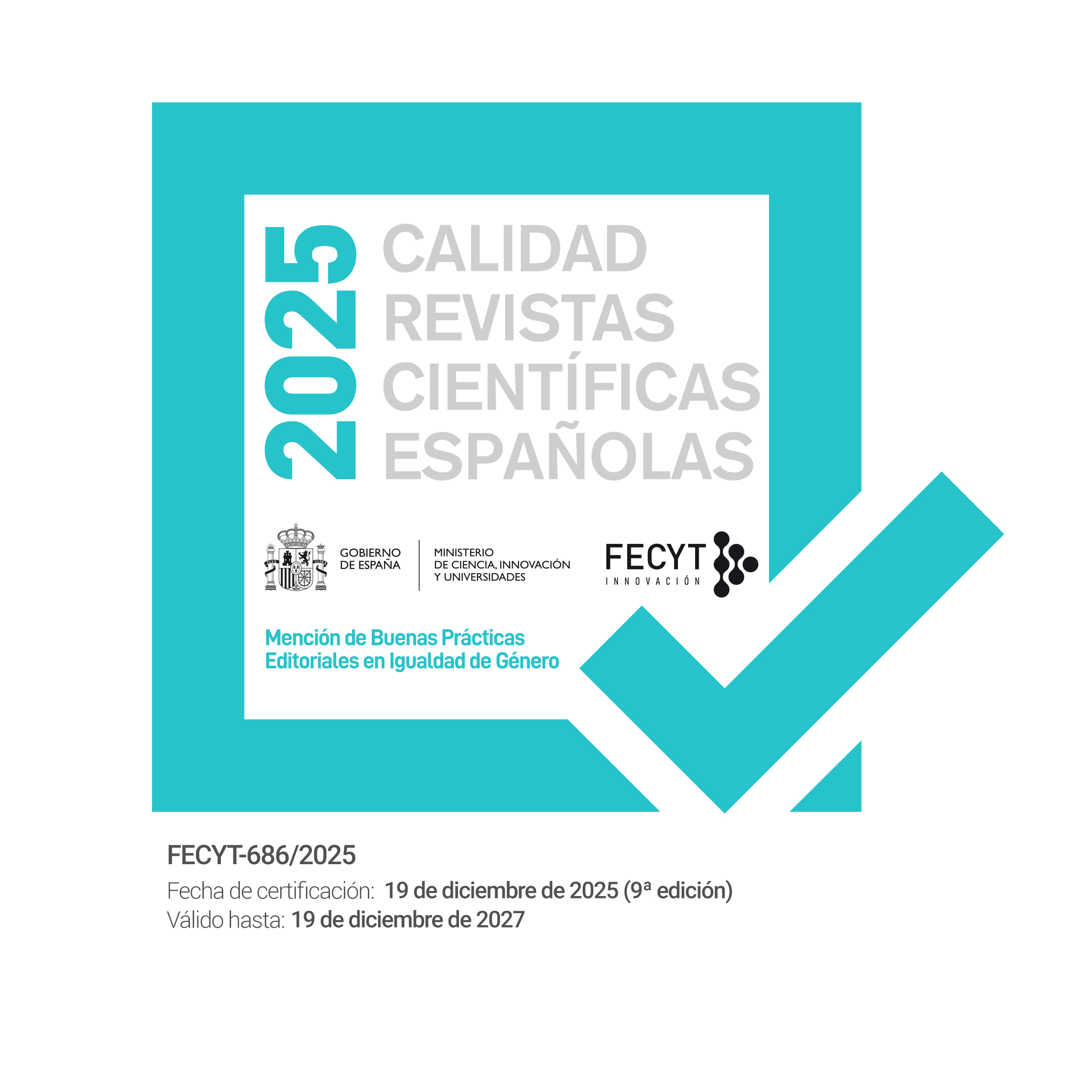Burnout Syndrome, Sociodemographic Variables and Labor Conditions in Peruvian Penitentiary Workers
DOI:
https://doi.org/10.55414/b4bxg854Abstract
The article explores the presence of Burnout Syndrome in Peruvian penitentiary workers nationwide. The Maslach Burnout Inventory (MBI) instrument and a survey on sociodemographic variables and working conditions were applied to 910 participants from 11 prisons in Peru, with a final number of 852 valid protocols.The main results show that 74% of the participants present high scores in at least one area of the MBI. Specifically, women tend to present higher scores in the dimensions of emotional exhaustion and professional efficiency. The same applies to workers with higher education or postgraduate studies. Moreover, high amounts of administrative tasks, work overload and work with inmates increases the probability of finding elevated scores in at least one area evaluated by the MBI. Conversely, greater job satisfaction, contribution to work goals and appropriate relationships between peers, reduce the possibility of suffering from Burnout Syndrome.
Downloads
Download data is not yet available.
Downloads
Published
05/11/2018
Issue
Section
Research articles
License
Copyright (c) 2019 APUNTES DE PSICOLOGÍA

This work is licensed under a Creative Commons Attribution-NonCommercial-NoDerivatives 4.0 International License.
How to Cite
Bracco Bruce, L., Wakeham Nieri, A., Valdez Oyague, R., & Velázquez Castro, T. (2018). Burnout Syndrome, Sociodemographic Variables and Labor Conditions in Peruvian Penitentiary Workers. Apuntes De Psicología, 36(3), 117-128. https://doi.org/10.55414/b4bxg854



























